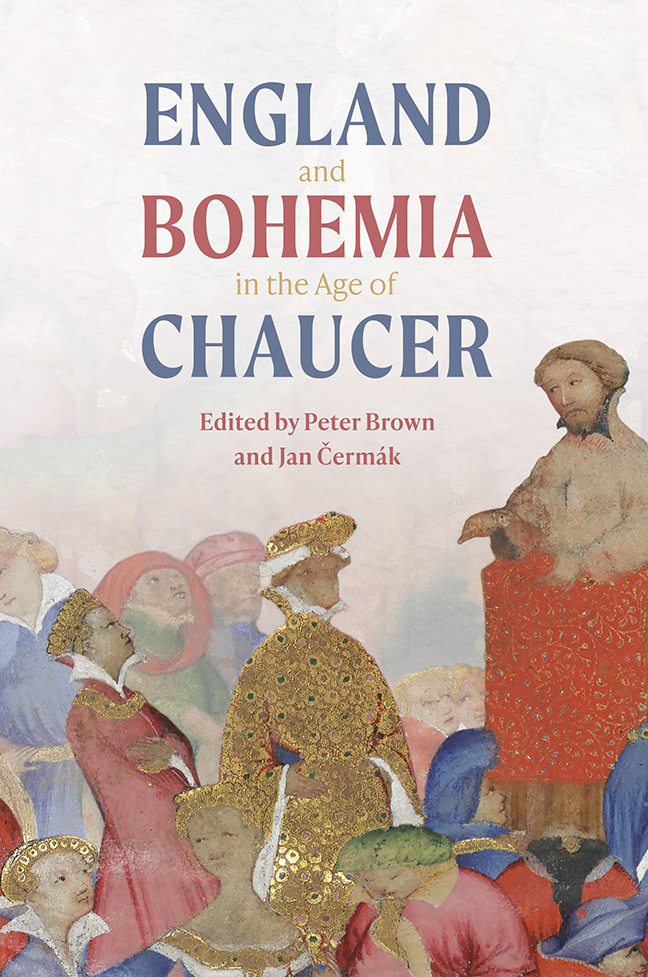5 - Beyond Nations: Translating Troy in the Middle Ages
Published online by Cambridge University Press: 17 December 2023
Summary
The following essay considers three important Troy works: Benoît de Sainte-Maure's Roman de Troie (c. 1165), Guido de Columnis’ Historia destructionis Troie (1287), and John Lydgate's Troy Book (1412–20). It concludes with some reflections on their relevance for future research on Troy material in Bohemia. A comparative approach attempts to refocus critical attention on the wider connections between the works, transcending local limitations. The essay goes on to consider how each of the texts performs its translatio upon the Troy narrative by focusing on their interaction with sources and other texts. It analyses three key moments in each of the works (the prologue, the story of Medea and Jason, and the description of Hector's tomb and preserved body), which together highlight important literary concerns of the medieval period such as historiography, the depiction of love, and marvels. The essay ends by highlighting Czech Troy texts that may also draw on texts and traditions from throughout Europe and concludes that Troy literature does not circulate in sealed circles of local influence but across boundaries of language, culture and polity.
What does the story of Troy tell us about literary cultures in the later Middle Ages? This is a large question which the present essay considers with reference to two apparently different linguistic, cultural and political contexts as exemplified, first, by Benoît de Sainte-Maure's Roman de Troie (c. 1165) and Guido de Columnis's Historia destructionis Troie (1287) and, second, by John Lydgate's Troy Book (1412–20). The first context is the transnational Latin and French literary culture of the late thirteenth century that is found in a variety of intersecting forms across Europe (Troie and the Historia); the second is the more local English-language situation specific to England (Troy Book), which may be instructive for Bohemian Troy material despite the latter's cultural and linguistic separation from English since Czech literature, like that of England, is written in a vernacular with a limited rather than a transnational dissemination. Although these two contexts – the ‘learned’, Latinate transnational literary culture and the more demotic, vernacular local or (proto)national one – appear to be so different, there are in fact important connections between them that result from a shared approach to translatio studii, the ‘transfer of learning’, across Troy literature.
- Type
- Chapter
- Information
- England and Bohemia in the Age of Chaucer , pp. 105 - 129Publisher: Boydell & BrewerPrint publication year: 2023

